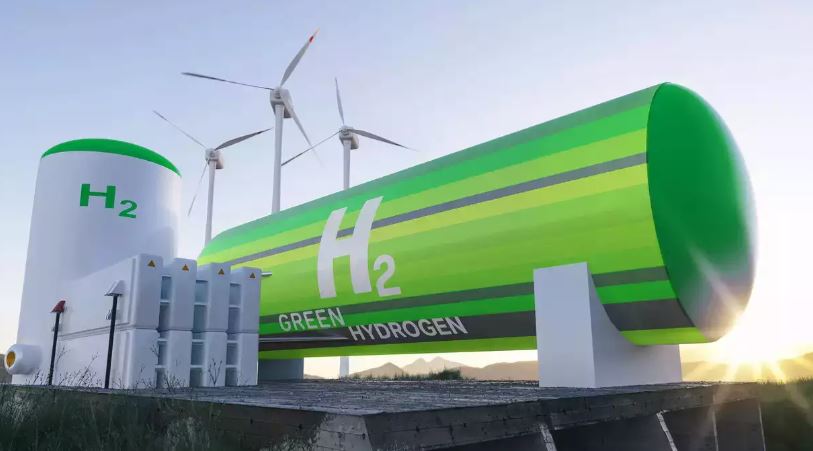
According to two government officials and one business source cited by Reuters, India is seeking bilateral agreements with nations like Japan that would permit them to utilise carbon credits associated with green hydrogen generation in India in exchange for investment and purchase transactions.
In an effort to reduce carbon dioxide emissions and establish itself as a major exporter in the field, New Delhi this year announced a 174.9 billion rupee ($2.13 billion) incentive programme to promote green hydrogen.
Reliance Industries (RELI.NS), Indian Oil (IOC.NS), and Adani Enterprises (ADEL.NS), among other Indian businesses, have ambitious ambitions for green hydrogen, a fuel produced using renewable energy.
The sources, who all declined to be identified because the negotiations are private, claimed that trading in carbon credits, which are obtained through projects for the reduction of greenhouse gases and each equal to one tonne of carbon dioxide, can attract more investments and ensured offtake to India.
According to the sources, any agreements would result in foreign firms or financial organisations entering into investment and purchase agreements with Indian producers of green hydrogen; they also noted that India is already in negotiations with Japan.
According to a document seen by Reuters, Japan and India inked a preliminary agreement on March 17 to create a joint crediting system (JCM) for decarbonization under Article 6 of the Paris Agreement, a binding international deal on climate change.
Sharing of carbon credits between nations and private businesses is outlined in Article 6. As opposed to the producers, buyers of green hydrogen would now be able to receive credit for the creation of carbon emissions that would otherwise go to the producers.
26 nations, including Bangladesh, Ethiopia, Kenya, Indonesia, and Saudi Arabia, are already parties to accords with Japan.
The sources claimed that the potential carbon-trading agreements had been discussed by the Indian ministries of the environment, renewable energy, and external affairs. Prior to a three-day international meeting on green hydrogen that starts on Wednesday in New Delhi, they claimed that the government had also engaged with the industry.
Emails for feedback from the three ministries received no response. The Indian embassy in Japan warned that their reply would take some time.
Reuters was unable to quickly identify the other nations with which India was in contact.
According to Shekhar Dutt, director general of the Indian industry group Solar Power Developers Association, “The Global North’s capacity and technology, combined with the Global South’s vast potential for green development, can lead to impactful climate action.”
The organisation wrote to Prime Minister Narendra Modi this month asking for measures to use terms of international treaties and promises from industrialised nations to compete more effectively with the U.S. green hydrogen industry, which has much more government support.
Dutt claimed that by utilising Article 6 of the Paris Agreement, India may take advantage of the European Union’s goal to import 10 million tonnes of green hydrogen by 2030.

















